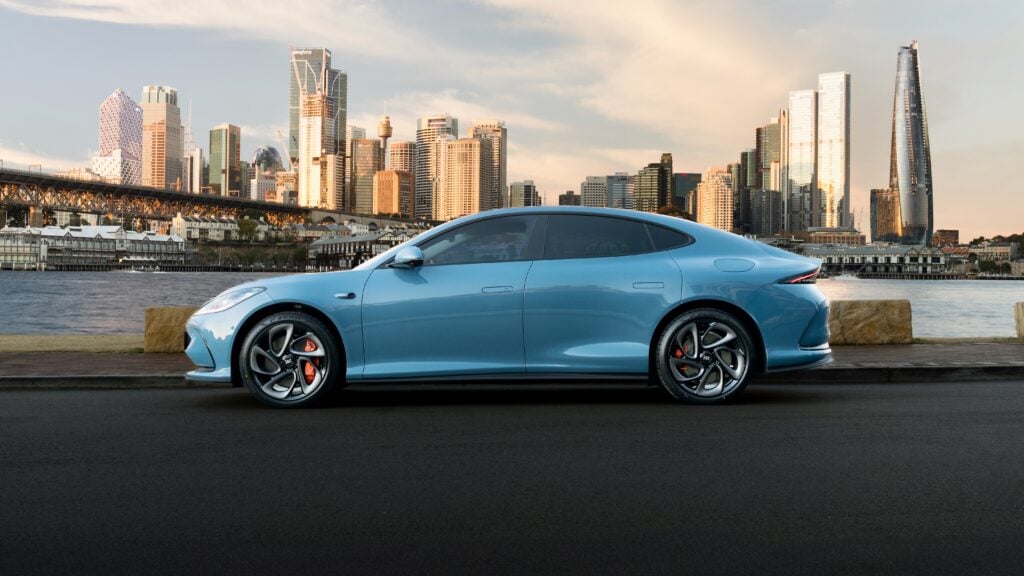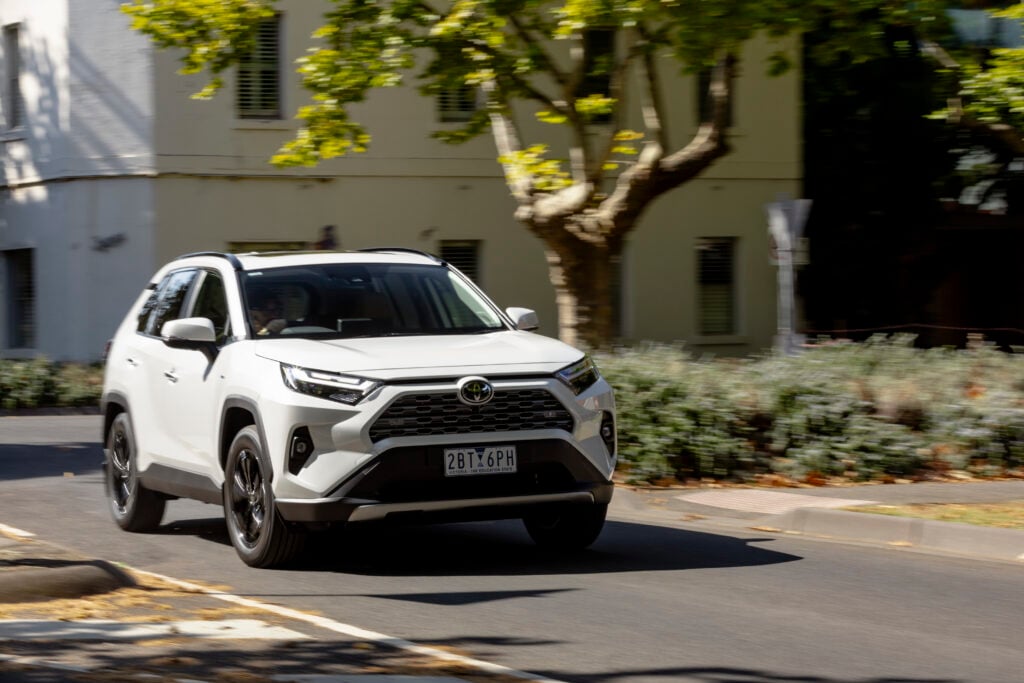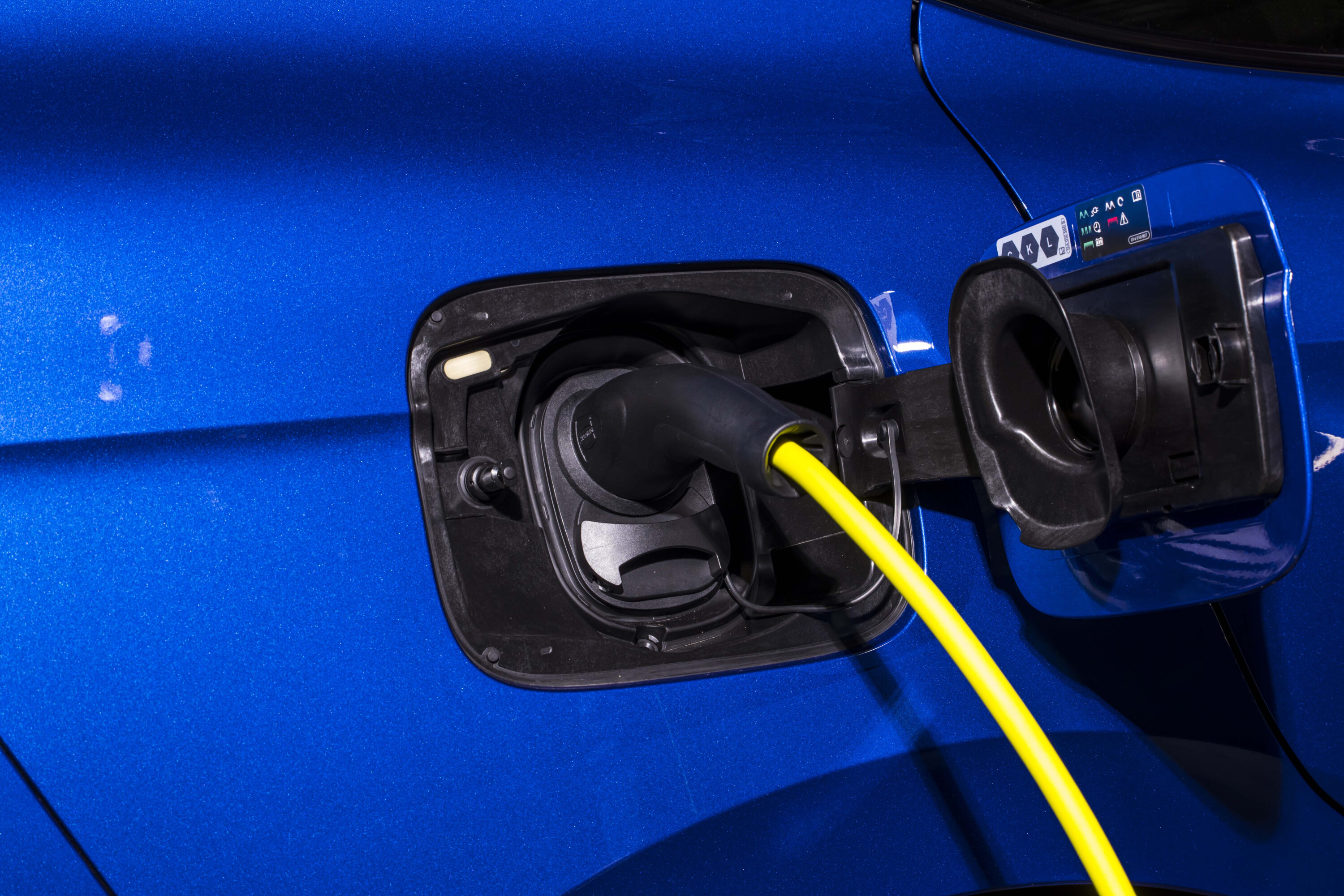
“Charging an electric car takes too long.”
Snapshot
- Charging speed is limited by both power source output and vehicle input capabilities
- Times vary from a few nights to 20 minutes
- No need to wait u2013 recharge while itu2019s sat at home or when taking a rest stop on-the-move
Recharging an electric vehicle takes more time than refuelling a traditional petrol or diesel car, but in reality, it doesn’t take too long.
It’s a hard expectation to break: pumping in litres of fuel within minutes.
However, think about what you can do during recharging and there’s essentially no need to deliberately wait.
JUMP AHEAD
- ? How much time does charging take?
- ? How much does it cost to charge an EV?
- ? Is it time to make the electric switch?
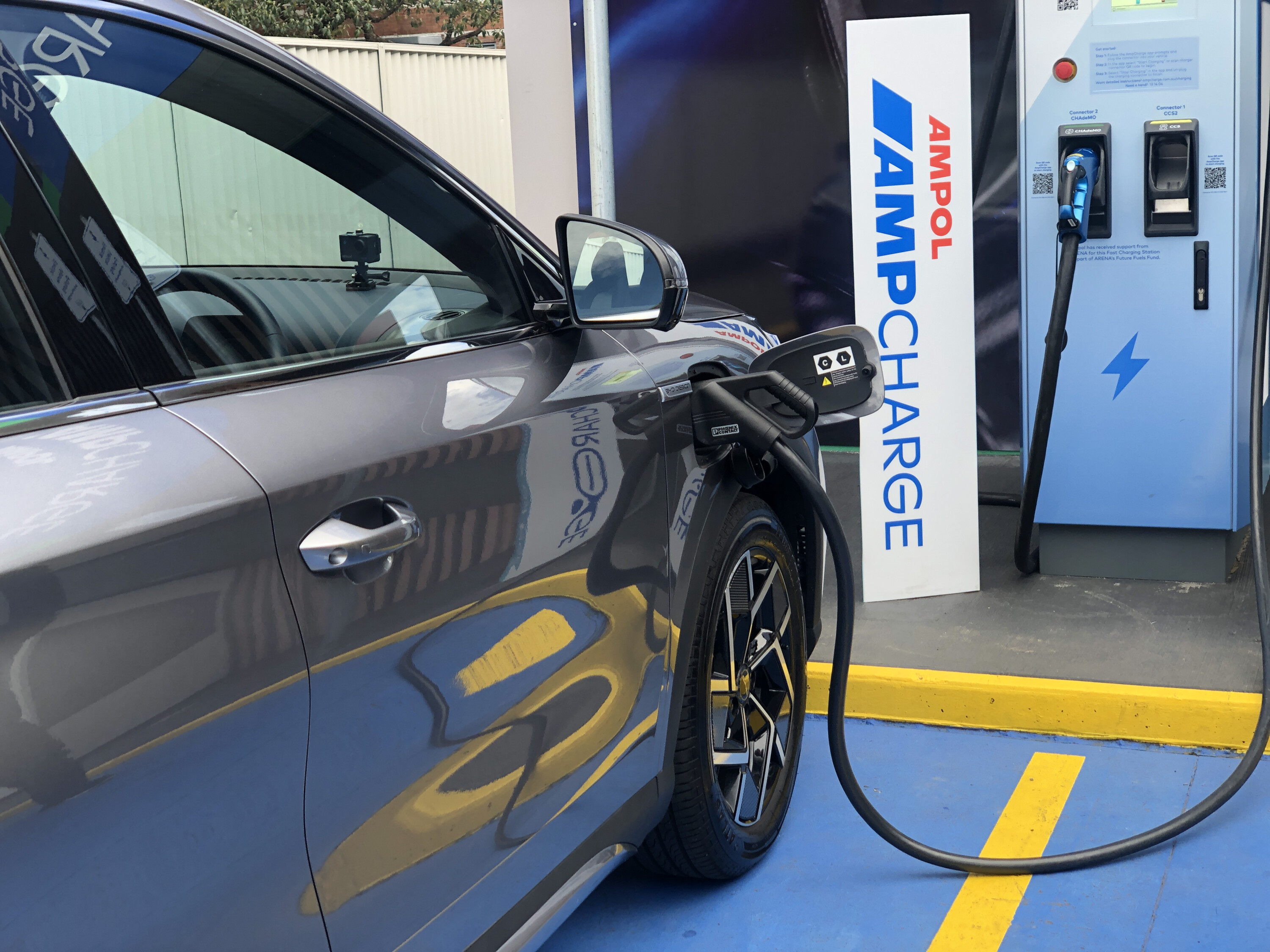
⏰ Does charging an EV take too long?
At a public DC fast or ultra-rapid charging station, expect to take between 20 to 60 minutes to recharge from 10 to 80 per cent.
And, consider: if you’re going on a long road trip, you’ll likely need that time for a rest stop regardless, especially when with children.
The same applies if you’re eating, doing a grocery shop or exploring other nearby amenities while charging.
However, it can be inconvenient if you’re not preoccupied with anything else – particularly if you only rely on today’s patchy public EV charging infrastructure – which is the more expensive method to run an electric car.
Ideally, if you can access a plug at home, the EV can conveniently recharge overnight when it’s not in use.
A standard three-pin domestic socket will trickle charge enough driving range for most Australians’ daily needs and can fully replenish in one to three nights (when electricity is cheapest).
Using an installed single-phase 7kW AC wall box can guarantee a full recharge in one night for most models (if required).
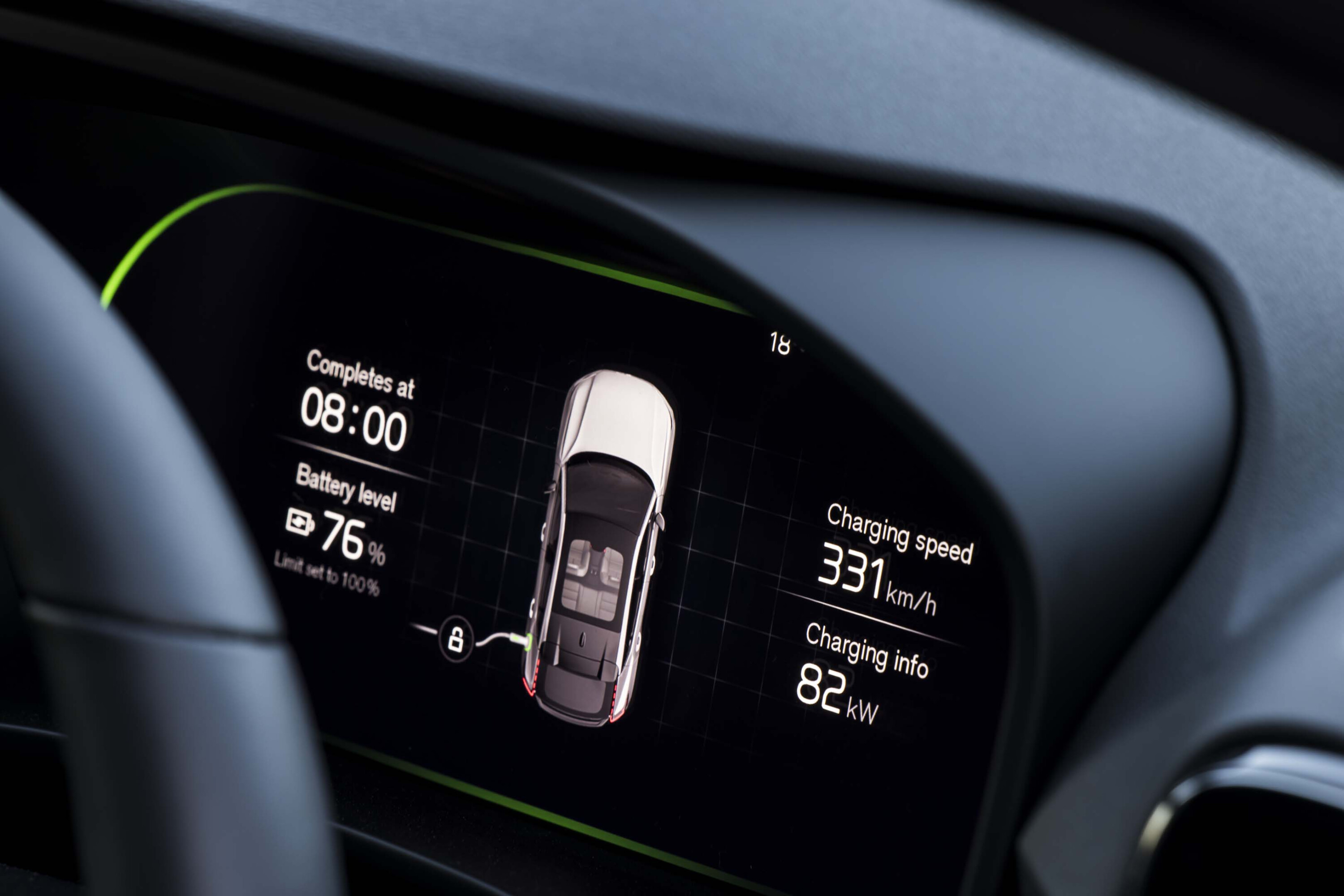
⚡️ Know the charging speed limits
How fast an EV charges depends on two key factors – the power source output and model’s power input capabilities.
The rate of electricity is expressed as kilowatts (kW). Each model has separate caps for slow AC charging power and fast DC charging power.
For example, the MG 4 Excite 51 has a peak 88kW DC charging capability.
However, plug in at a pricier 350kW DC ultra-rapid station and it’s limited to taking in a maximum of 88kW under optimum conditions.
Conversely, if you plug in a Tesla Model Y RWD – which features a 170kW DC charging capability – on a 50kW DC public fast charging station, it will only peak at 50kW under optimum conditions.
Importantly, the battery management system (BMS) software also throttles charging speeds if the pack is outside its ideal temperature range (i.e. too hot or too cold) and when it’s at a higher percentage.
There are charging losses in the energy transfer process to the vehicle, too, especially when slow AC charging (an inverter needs to convert AC to DC power).
Therefore, owners will rarely achieve the maximum charging rate when plugged in at a compatible station, at least for an extended period.
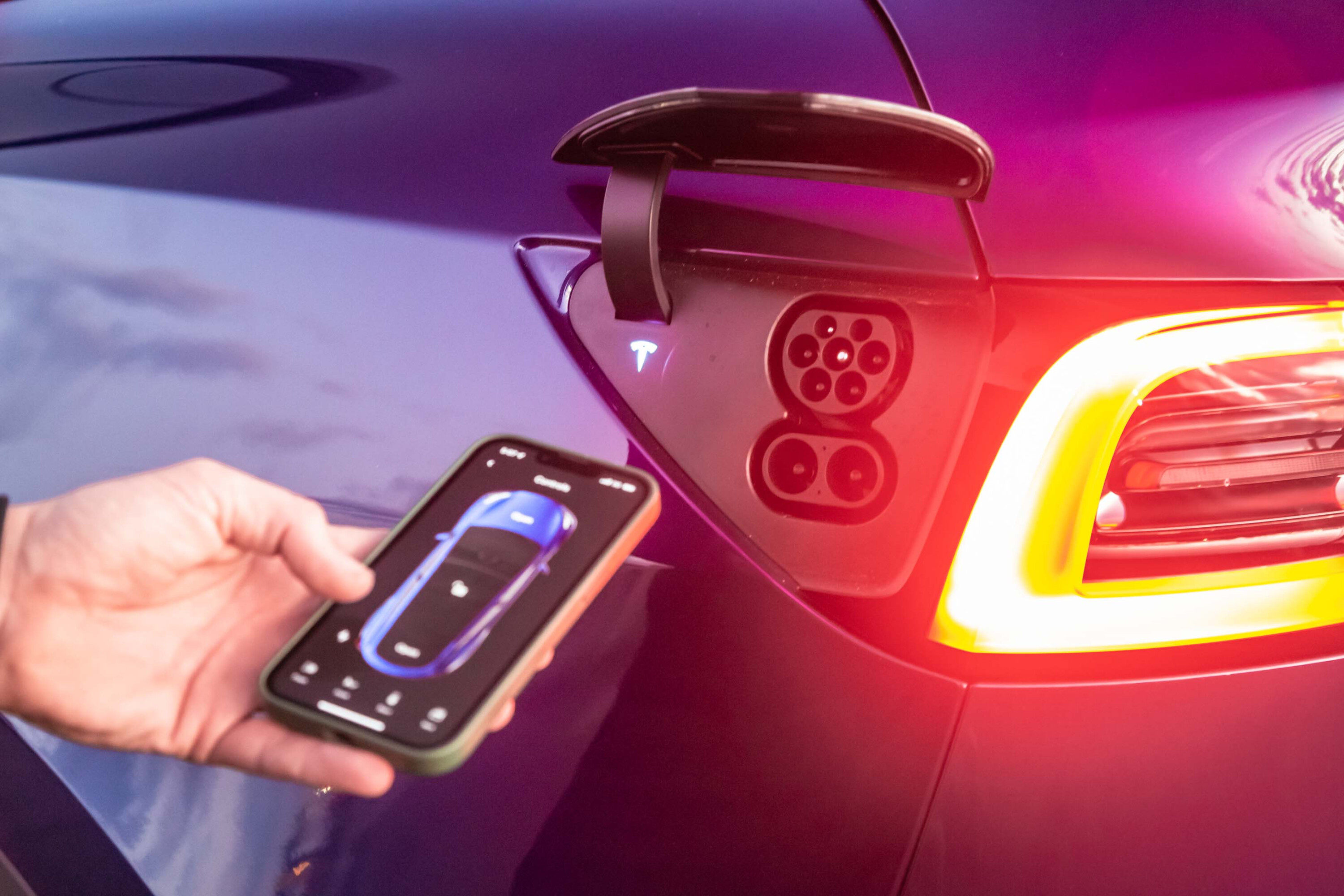
? How much time does charging take?
All charging times below are estimated, unless disclaimed. It assumes recharging from 10-80 per cent (70 per cent charge) and doesn’t account for charging losses.
The following serves as a rough guide only. The real-world charging time will differ depending on the aforementioned limitation factors.
| MG 4 Excite 51 (max 6.6kW AC/88kW DC) | Tesla Model Y RWD (max 11kW AC/170kW DC) | Kia EV6 (max 10.5kW AC/350kW DC) | |
|---|---|---|---|
| 1.8kW AC (home plug) | u223c20 hours (estimated) | u223c22.5 hours (estimated) | u223c29 hours (estimated) |
| 7kW AC (single-phase wall box) | u223c5.5 hours (estimated) | u223c6 hours (estimated) | u223c7.5 hours (estimated) |
| 11kW AC (three-phase wall box) | u223c5.5 hours (estimated) | u223c4 hours (estimated) | u223c5 hours (estimated) |
| 50kW DC (fast public charging station) | 40 minutes* | u223c50 minutes (estimated) | 73 minutes* |
| 350kW DC (ultra-rapid public charging station) | 37 minutes* | u223c20 minutes (estimated) | 18 minutes* |
| *Official quoted claim from manufacturer | |||
? How to calculate EV charging times
Simply divide the usable battery capacity (kWh) by the charging rate speed (kW) to gain an rough time estimate. For example:
- The Tesla Model Y’s 57.5kWh usable battery takes about 32 hours to recharge from 0-100% on a 1.8kW trickle charging home plug.
If you want to know how long you’ll need to charge to travel a certain distance, the charging speed (kW) is roughly the same value as the kilometres you’ll get from 10 minutes of charging. For example:
- If using a 50kW DC public charging station, you will get around 50 kilometres for every 10 minutes of charging
- If using a 50kW DC public charging station, you will get around 50 kilometres for every 10 minutes of charging
But, for most people and in most cases, it shouldn’t be something that should weigh on your mind.
Similar to your smartphone, plug the car in when you get home and it’ll be ready to go in the morning – if not sooner – with enough charge for the majority of owners’ daily driving needs.
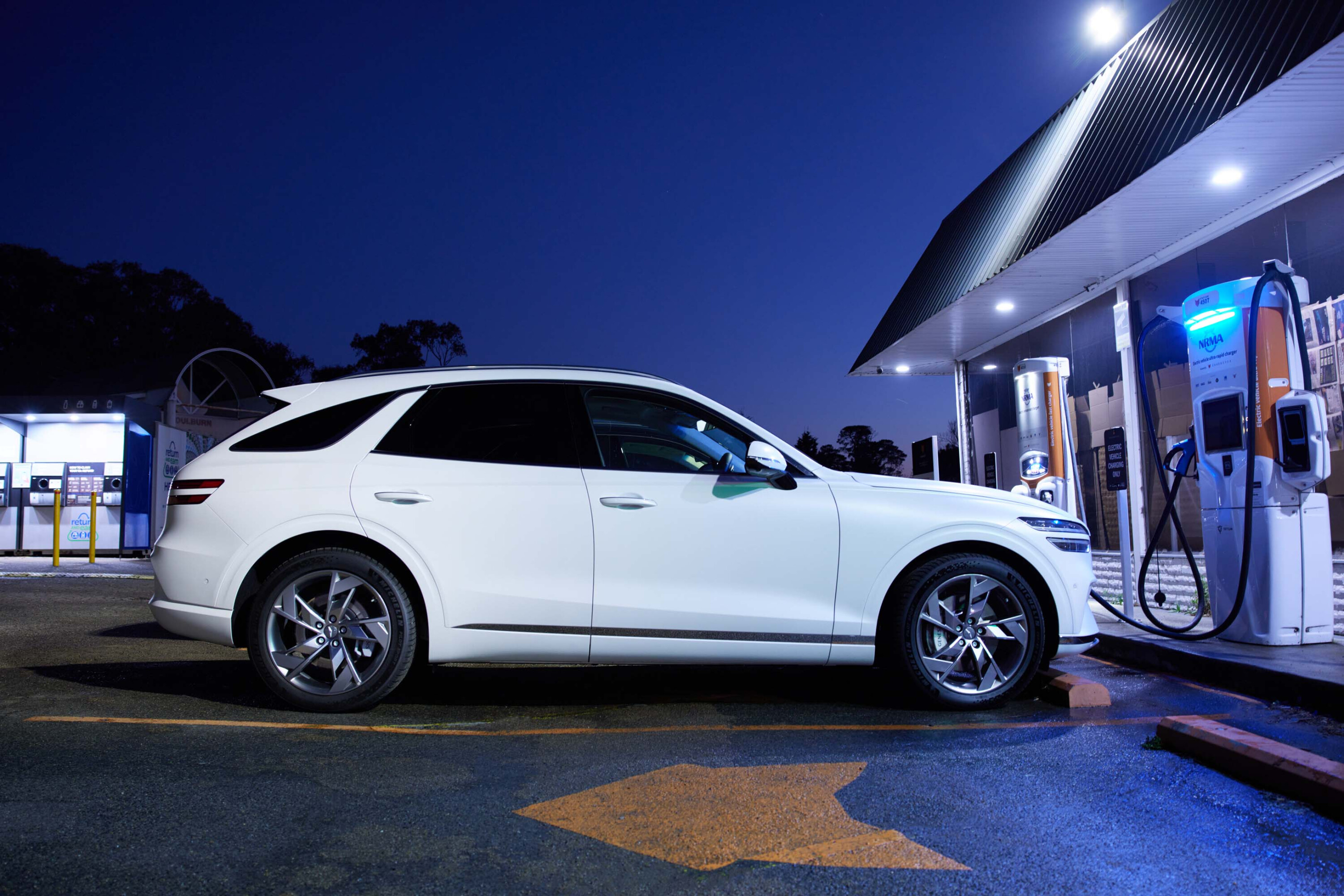
? How much does it cost to charge an EV?
Reduced charging costs is a key reason to make the EV switch, but what should owners expect to pay for home and public charging? Check out the guide linked below for more.
? Is it time to make the electric switch?
EVs are not for everyone (for now), but they are right for most. Charging availability, driving range and battery longevity remain key perceived issues. For more, check out our /Electric hub guides below.
We recommend
-
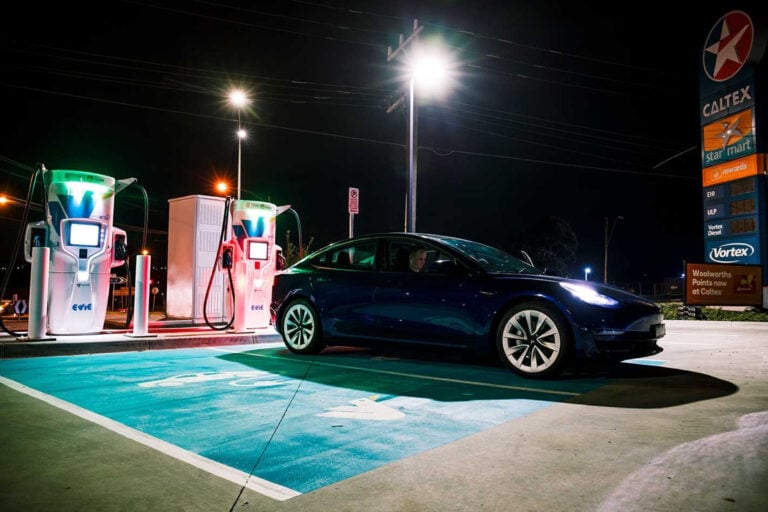 Advice
AdviceAre there enough EV chargers in Australia? Here's your guide
Public EV charging networks are expanding, but there still aren’t enough today. Does that mean you shouldn’t buy an EV?
-
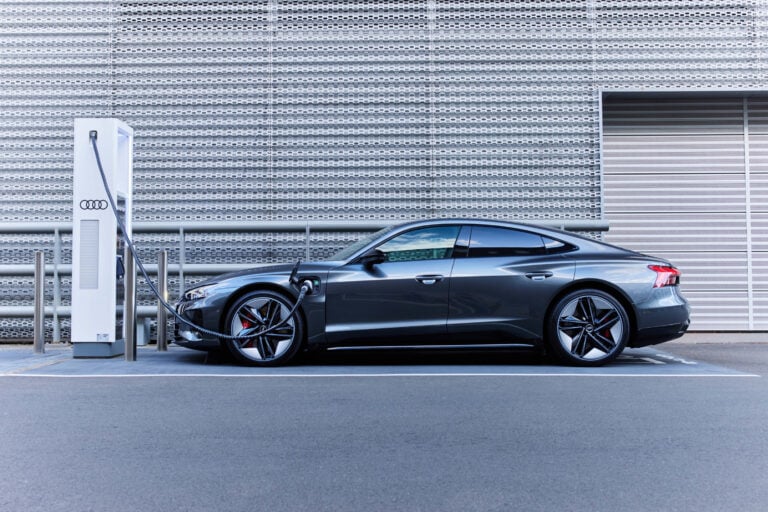 Advice
AdviceThese are the fastest-charging electric cars, if you're in a hurry
These are the quickest charging EVs in Australia, and why higher numbers isn't always best
-
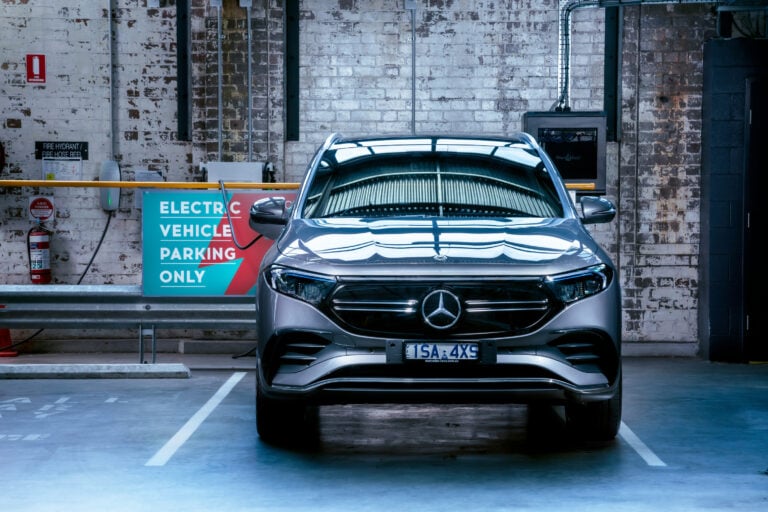 Advice
AdviceHow much does it cost to charge an electric car?
We outline the home charging and public charging network costs in this guide



